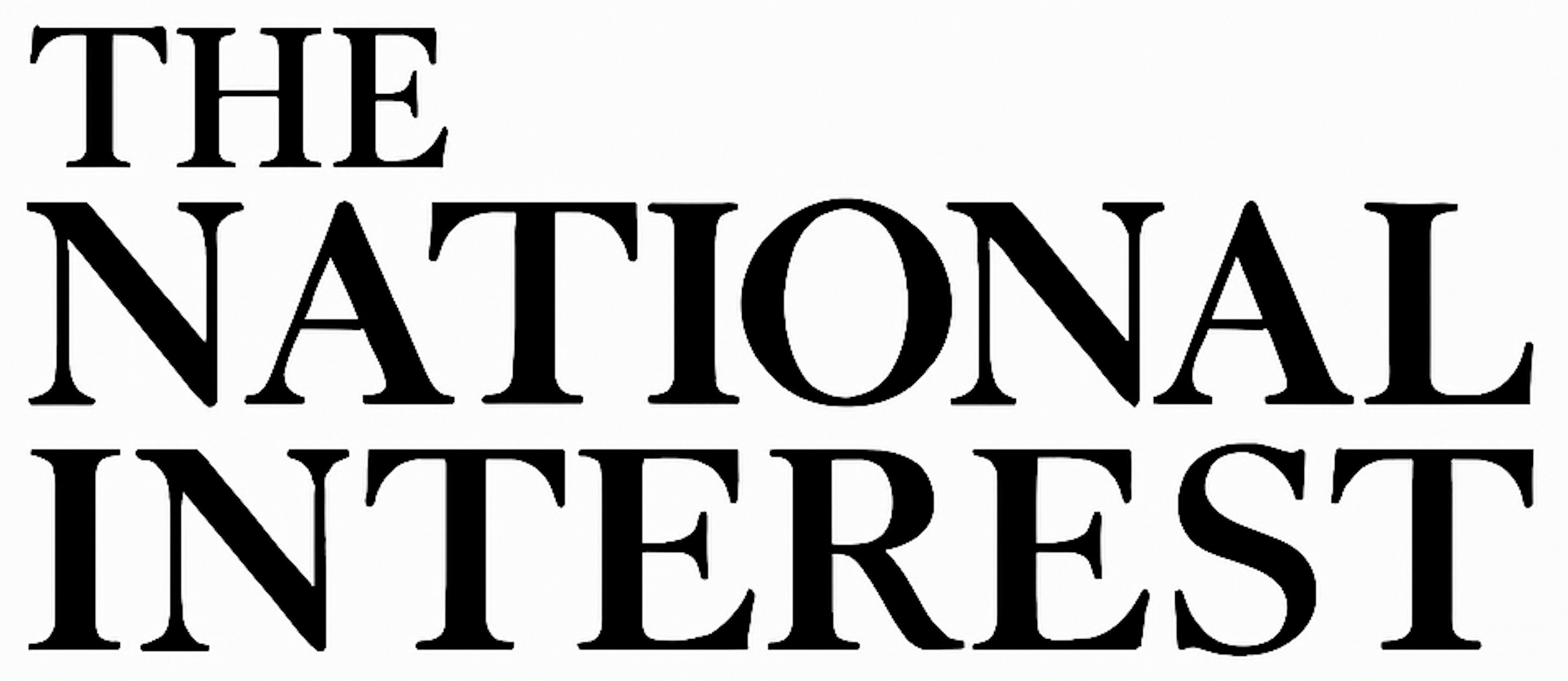The sealing of a critical minerals deal and a Capitol Hill event honoring dissidents show that hope remains for Ukraine’s cause.
Bernard-Henri Levy was impassioned. “Ukraine is not losing,” he declared. “It is winning!”
Together with the Ukrainian poet and former Soviet dissident Lina Kostenko, Levy was receiving the annual Andrey Sheptytsky medal on Thursday evening on Capitol Hill. The event was hosted by the Jewish Confederation of Ukraine and the Ukrainian Jewish Encounter. The audience included the Ukrainian Jewish Encounter founder James Temerty, former American ambassador to Ukraine John Herbst, Razom senior adviser Melinda Haring, and the peripatetic journalist Vladislav Davidzon, whose most recent book is Ukrainian-Jewish Relations and the Birth of a Political Nation. Levy explained that he had just recently returned from the frontlines in Ukraine and remained confident of the prowess of its military forces.
His remarks were preceded by a lengthy speech from Rep. Steny Hoyer (D-MD), who recalled his work on behalf of the Soviet refuseniks in the 1980s, drawing a parallel between his efforts then to resist Russian tyranny and today. Hoyer also lambasted the Trump administration for failing to bolster Ukraine and for providing encouragement to Russia.
For his part, Levy struck a more conciliatory tone. He noted that after Ukrainian president Volodymyr Zelensky’s contentious visit to the White House in February—when Vice President JD Vance berated him for displaying insufficient gratitude toward America for its assistance to Ukraine—his one-on-one meeting at the Vatican with President Donald Trump might serve as a kind of “reparation” from the American side.
Levy’s remarks came at an auspicious moment: Ukrainian ambassador Olga Marakova announced that the Trump administration had just signed the draft of a minerals deal, creating joint investment in Ukraine’s abundant natural resources. Treasury Secretary Scott Bessent stated that the establishment of the “United States-Ukraine Reconstruction Investment Fund” would “ensure that our mutual assets, talents, and capabilities can accelerate Ukraine’s economic recovery.” Bessent deserves kudos for bringing the deal to fruition, providing the prideful Trump with an actual investment in Ukraine that may help prompt him to resist Russian president Vladimir Putin’s predatory designs.
Resistance was the theme of the evening. The Chief Rabbi of Ukraine, Yaakov Bleich, emphasized that it was not enough simply to protest injustice. It was imperative to act. This is what Andrey Sheptytsky, the Greek Catholic Metropolitan of Galicia and Archbishop of Lviv, did during the Second World War, when the Nazis sought, as far as possible, to eliminate the Jews during their invasion and occupation of Ukraine. Sheptytsky not only wrote Pope Pius XII to warn him about the maleficence of Nazi designs—“Jews are the first innocent victims”—but also hid and saved numerous Jewish children in Greek Catholic monasteries, convents, and orphanages.
What has prevented him, at least until now, from being awarded the title “Righteous Among the Nations” by Yad Vashem is controversy about his initial attempts at outreach to the German regime and his stance toward the Organization of Ukrainian Nationalists. The historian Anatoly Podolsky has noted that the exigencies of the situation are important to consider: when the Nazis invaded Ukraine, “few people thought that the German authorities would be as criminal as the Soviet ones.” They soon realized otherwise. At the Capitol Hill event, Levy vowed to add his voice to those hoping to persuade Yad Vashem to reexamine the case of Sheptytsky.
As Russia now tries to crush Ukrainian sovereignty, the minerals deal may mark a turning point. It refers explicitly to “Russia’s full-scale invasion.” Crucially, it also states that “no state or person who financed or supplied the Russian war machine will be allowed to benefit from the reconstruction of Ukraine.” The Trump administration appears to be adopting a harder line toward Russia—and the event on Capitol Hill offered a moving reminder of why it can’t come soon enough.
Jacob Heilbrunn is editor of The National Interest and is a nonresident senior fellow at the Atlantic Council’s Eurasia Center. He has written on both foreign and domestic issues for numerous publications, including The New York Times, The Washington Post, The Wall Street Journal, Financial Times, Foreign Affairs, Reuters, Washington Monthly, and The Weekly Standard. He has also written for German publications such as Cicero, Frankfurter Allgemeine Zeitung, and Der Tagesspiegel.

Official social networks